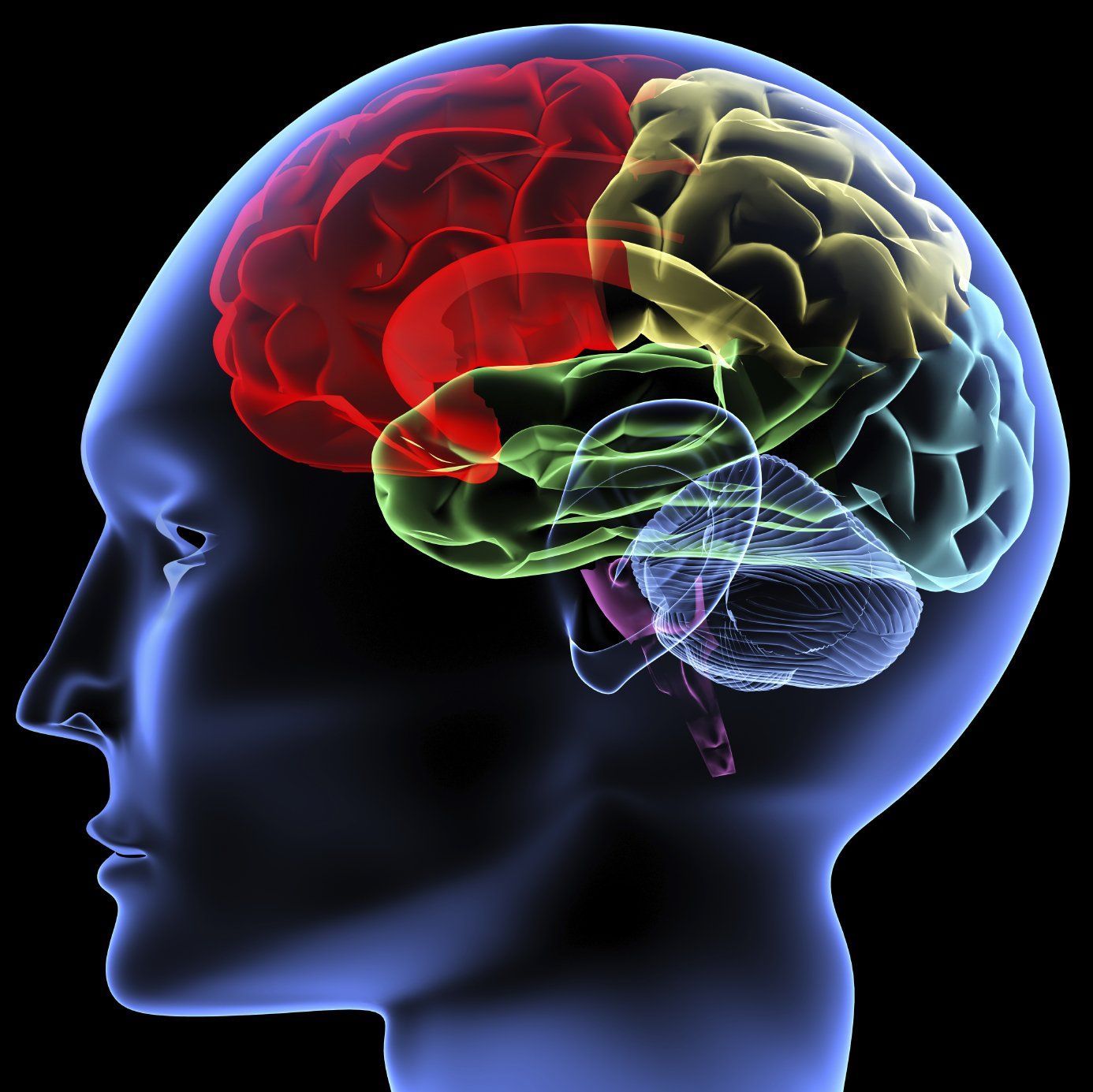Attention-Deficit/Hyperactivity Disorder (ADHD) is a neurodevelopmental disorder affecting millions of adults worldwide. While it's often associated with childhood, it can persist into adulthood, posing unique challenges, especially in a work environment.
In creating a supportive workplace for individuals with ADHD, it can be beneficial to recognize common challenges while honoring that each individual experiences ADHD uniquely and that even individuals who don't have ADHD may face the same challenges. Challenges are often created through societal norms that work against optimal performance for our human brains and bodies.
Difficulty in Sustained Attention
Our human brains can only take so much focus time without much need for brain breaks. Many factors influence how long we can sustain our attention. In fact, you might be surprised that optimal sustained attention exists in 20 – 50-minute cycles. Individuals with ADHD do find themselves on the lower end of these cycles. If you are interested in learning a practical strategy to enhance focus and improve sustained attention read more here:
Enhancing Focus: A Practical Strategy for Sustained Attention with ADHD.
Impulsivity & Decision Making
You may have heard the metaphor that those with ADHD have a Ferrari brain with bicycle breaks. This can lead to impulsive decision-making; in the workplace, hasty decisions can affect project outcomes, team dynamics, and overall efficiency. When engaging in workplace projects, it can be a struggle to think through all options before acting, potentially leading to errors or misunderstandings.
Time Management & Organization
Managing time and staying organized can create significant hurdles for individuals with ADHD. Especially when you find yourself in a role that requires multiple mental transitions during the day. One might struggle with keeping track of all the commitments, prioritizing tasks, and meeting deadlines. This challenge can cause stress and anxiety, impacting overall performance and confidence at work.
Easily Distracted
You overcome the challenge of starting a project, and distractions happen. Distractions in the workplace, such as noise, digital and people interruptions, interruptions, or not long enough working intervals between shifting tasks, can significantly impact individuals with ADHD. The challenge becomes more about reclaiming one's focus and attention rather than getting started.
Social Interactions & Communication
ADHD can affect social interactions and communication skills. Individuals may struggle with reading social cues, maintaining focus during meetings, or expressing thoughts clearly. This challenge may impact relationships with colleagues and superiors, potentially leading to misunderstandings or feelings of isolation.
Stress & Anxiety
The accumulation of these challenges often results in heightened stress and anxiety levels. The fear of not meeting expectations navigating stigmatized beliefs of what ADHD is, coupled with the daily struggle to manage ADHD symptoms, can adversely affect an individual's mental well-being and job satisfaction.
Understanding and acknowledging these challenges is crucial for every individual and every employer. Creating a workplace culture that fosters open reflection and conversation regarding individual supportive strategies can assist individuals with ADHD in feeling seen and heard without judgment. Individuals can then work with their employers to create personalized support systems to foster their thriving in their roles and contribute effectively to the organization's success.
Resources: Under construction












